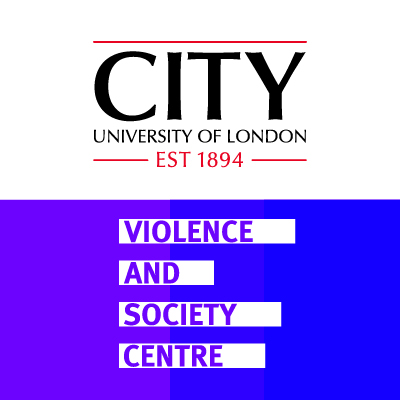Insecure migration status is defined as any person who does not have a long term secure immigration status and might fear removal from the country if they fail to comply with their visa restrictions, even if the failure to comply is unknown to them, if forced due to fear for their physical safety, or is coerced.
Research produced by Drs Alexandria Innes and Hannah Manzur of the VISION consortium and PhD student Jana Kriechbaum, Violence and Society Centre at City St George’s University of London, found that people in insecure migration status face or fear violence where violence prevention efforts and violence protection are either not extended to them, or are not made accessible to them.
Findings from their VISION Policy Briefing
The prevalence of violence against people in insecure migration status is a cause for concern. Prevalence of violence is not meaningfully different for people based on type of insecure status, such as those with undocumented status, asylum seekers and refugees, or employer-dependent visas.
Women on spousal visas connect experiences of domestic violence to insecurities associated with their immigration status. The power imbalance embedded in relationships that involve one citizen and one foreigner is exacerbated by attaching the relationship to dependent visa restrictions. Women on spousal visas associated their inability or unwillingness to leave a violent homelife with a fear of immigration removal, therefore prolonging their exposure to violence.
Recommendations
- Decouple immigration enforcement from violence prosecution and victim support
- Expand protections for survivors of domestic violence
- Strengthen protections for victims of work-related exploitation and improve employer regulations
- Address state violence in detention and border contexts
- Align immigration policies with public health frameworks
To download the VISION Policy Briefing: Insecure Migration
To cite: Innes, Alexandria; Manzur, Hannah; Kriechbaum, Jana (2025). VISION Policy Briefing: Insecure Migration. City, University of London. Report. https://doi.org/10.25383/city.29860142.v1
For further information, please contact Andri at Alexandria.Innes@citystgeorges.ac.uk

